When it comes to workplace safety in London, Ontario, understanding WHMIS training and WHMIS certification – the Workplace Hazardous Materials Information System – is essential for both employers and employees.
Though closely related, they aren’t exactly the same thing, and knowing the difference is important for maintaining compliance with Canadian occupational health and safety regulations.
Here’s what you need to know:
For more information about WHMIS training or workplace health & safety training in London, contact the experts at ACUTE today!
1. What Is WHMIS Training?
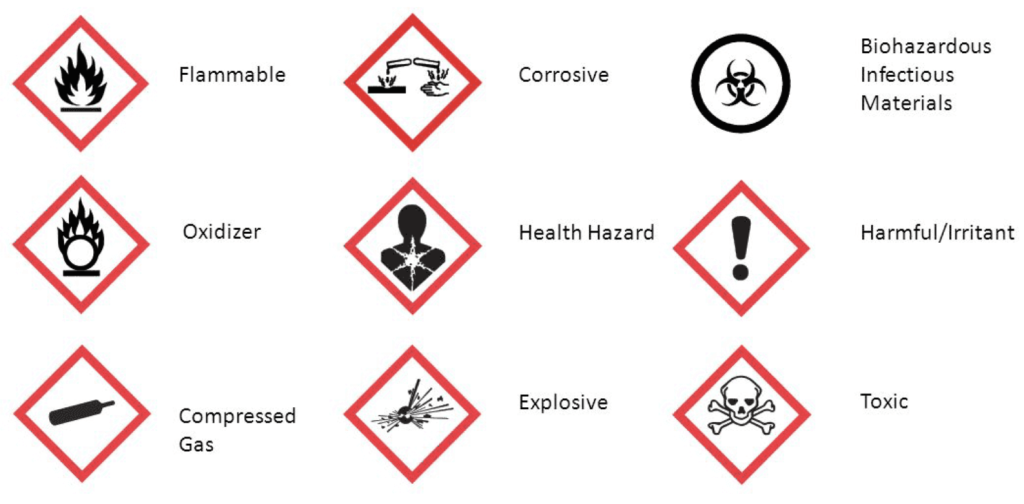
WHMIS training is the process through which workers learn how to safely handle hazardous products in the workplace. This includes learning how to read product labels and Safety Data Sheets (SDS), understanding hazard pictograms and classifications, and knowing the correct emergency procedures in case of spills or exposure.
Employers in London are legally required to provide WHMIS training to any employees who work with or may be exposed to hazardous materials.
This applies across industries—whether you’re in manufacturing, healthcare, construction, retail, or education. If there’s even a small chance of encountering controlled products, WHMIS training is mandatory.
Training must be tailored to the specific workplace.
For example, a hospital worker may need different training than someone working at a local auto body shop. That’s why generic online modules alone may not be enough—employers must supplement them with site-specific information.
2. What Is WHMIS Certification?

WHMIS certification refers to the documentation that proves an employee has completed WHMIS training.
While training is the actual instruction and learning process, certification is the certificate or record issued once that training is complete.
Some employers or training providers in London may issue a certificate automatically after an online course or an in-person seminar.
However, under Canadian law, it’s not the certificate that matters—it’s whether the training was effective.
That means an employer can’t just hand over a certificate and call it a day. They need to ensure that the worker truly understands how to apply WHMIS principles in their specific role.
3. Who Provides WHMIS Training and Certification?
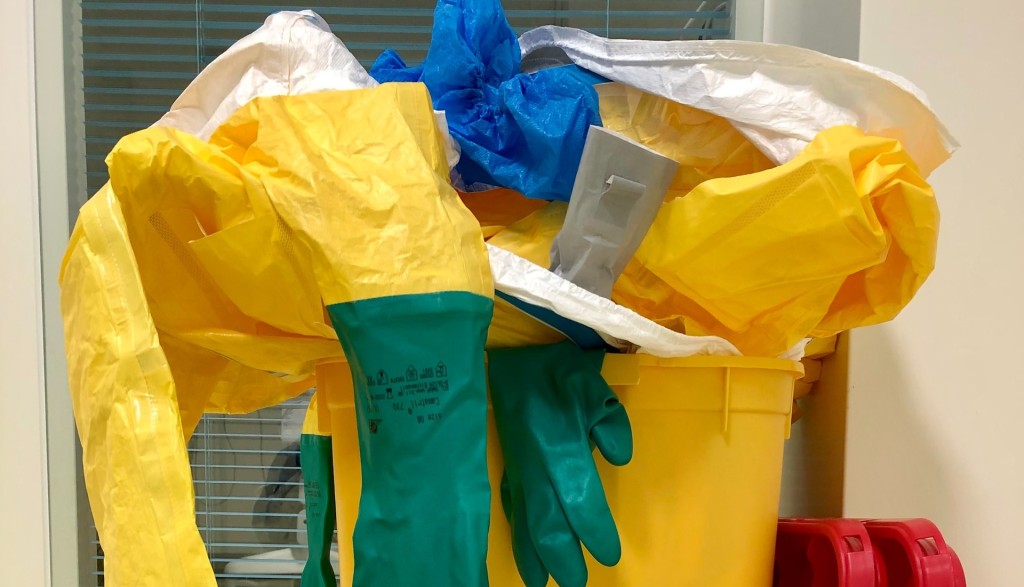
Employers are ultimately responsible for ensuring workers are trained. That said, WHMIS training can be delivered by a variety of sources. In London, this includes:
- Private training companies offering in-person or online WHMIS courses
- Industry associations with sector-specific training materials
- Post-secondary institutions for students in co-op programs or skilled trades
- In-house safety teams that provide ongoing, site-specific instruction
Many of these providers issue a certificate upon completion, which employers can keep on file to demonstrate due diligence in case of a workplace inspection.
4. How Often Is WHMIS Training Required?
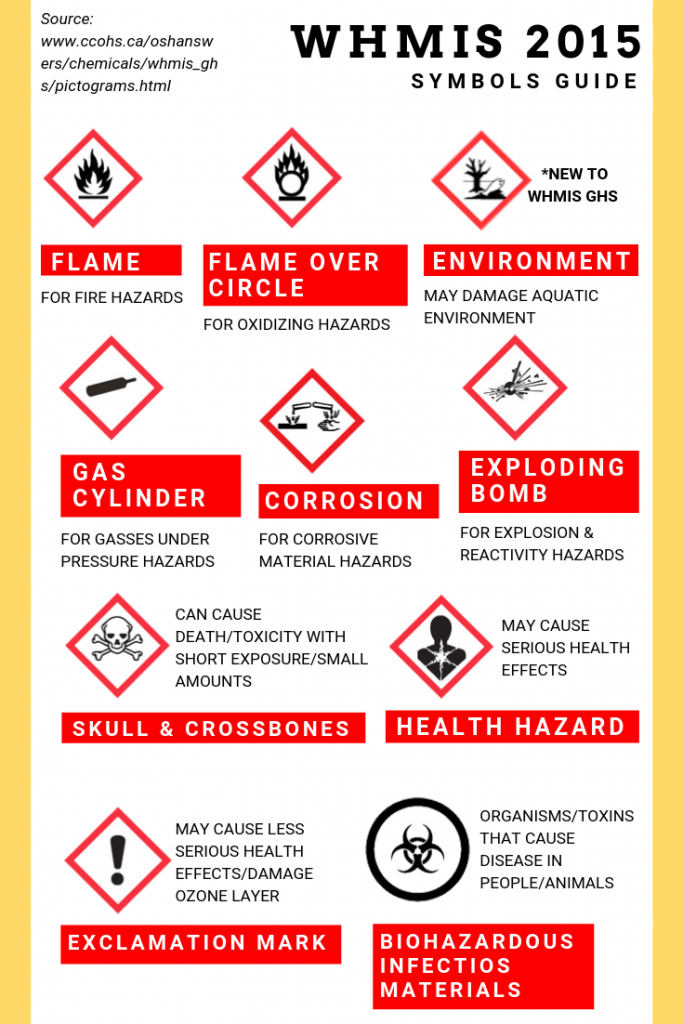
There is no hard rule in the law that says WHMIS training must be repeated on a set schedule, but the training must always be current and effective. That means refresher training should be provided:
- When new hazardous products are introduced
- When work conditions change
- When an employee shows a lack of understanding or makes safety errors
In practice, many London employers choose to renew WHMIS training annually or every two years as a proactive way to stay compliant and reinforce safety.
5. Why WHMIS Training Matters, London
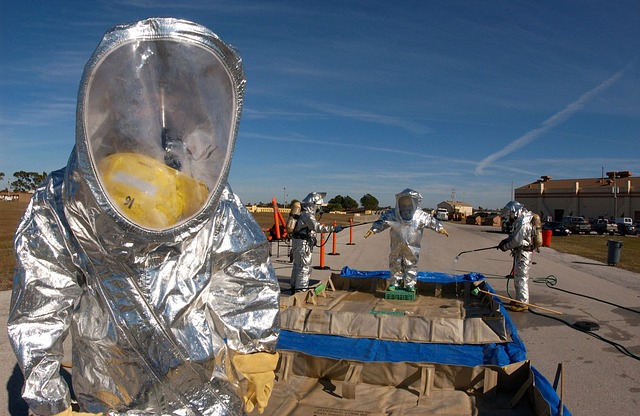
Both WHMIS training and certification are essential tools for preventing chemical-related injuries and illnesses.
They help ensure that workers understand the risks associated with the products they handle and how to protect themselves and others.
For employers, proper WHMIS documentation and instructions are critical components of meeting responsibilities under Ontario’s Occupational Health and Safety Act.
In short, WHMIS training equips workers with knowledge, and WHMIS certification provides proof of that knowledge. Together, they create a safer work environment and a stronger culture of compliance in your workplace.
If you’re an employer in London looking to provide or update WHMIS training, make sure you’re offering a program that’s accurate, up to date, and tailored to your industry.
And if you’re an employee, don’t hesitate to ask questions and make sure your training is relevant to your daily tasks—your safety depends on it.
ACUTE helps organizations understand their training challenges while also taking care of the most crucial aspect of a safety program: providing unparalleled tailoring and customer service. Here are just a few things you can expect when training with ACUTE:
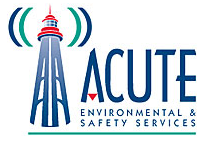
- Open Door Instructor-Student Partnership – ACUTE’s training services emphasize client participation. Staff want to build relationships with clients and serve as a touchstone for advice anytime moving forward.
- Serving Your Team and Industry – With a vast array of clients in manufacturing, construction, health, academic, and government agencies, ACUTE brings the best safety practices from across the spectrum to your workplace.
- 100 Years Combined Experience – ACUTE provides comprehensive health and safety training, on-site safety services, and consulting services. With over 100 years of combined experience, our staff offer more than theoretical or abstract ideas. ACUTE offers solutions.
- Track Record of Success – ACUTE is rated 4.9/5 stars on Google reviews, demonstrating a commitment to our clients, quality, and passion for training.
Ready for quality training in your workplace?
ACUTE is located in Waterloo, Ontario and services customers from the cities such as London, Toronto, Mississauga, Brampton, Hamilton, Milton, Kitchener, London, Guelph, and other cities from across Ontario.
“We have used Acute Environmental & Safety Services Inc. for many years and our personnel always come back well trained, energized and bringing lots of ideas. They are provided with substantial and in-depth knowledge together with challenging opportunities to put into practice what they have learned into our field operations.”
– Dante, Environmental Service Company

